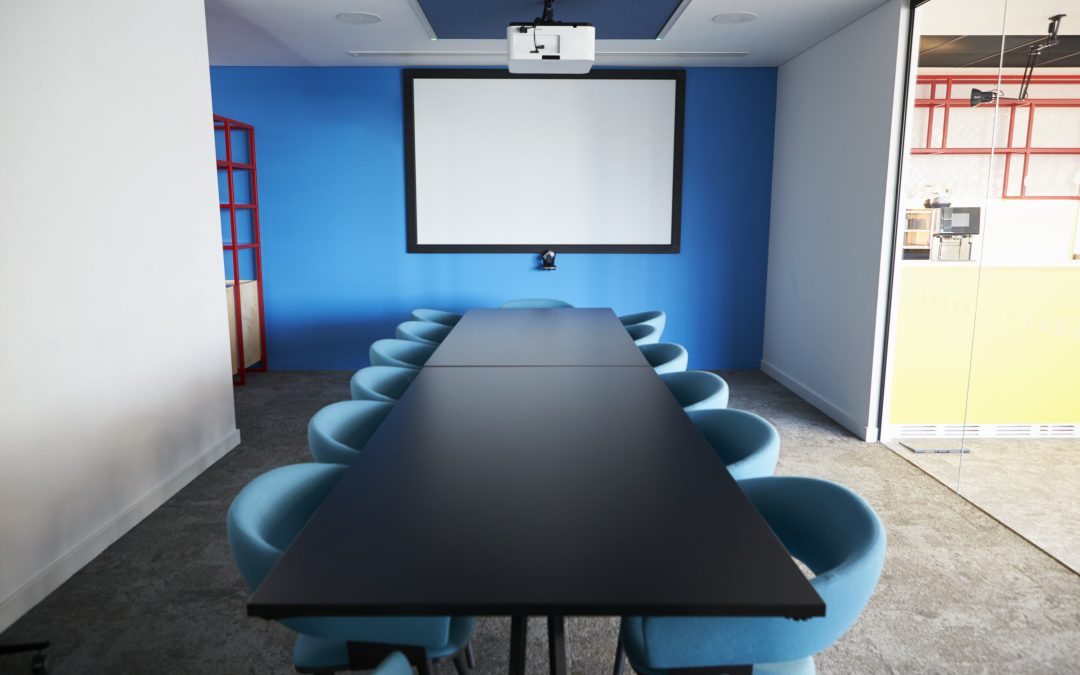Time has shown us how work has evolved into something much more significant; its definition has undergone an evolutionary journey, merging traditional with innovative. Enter flexible Working: an alternative to cubicles of yesteryear that dances a liberation dance in today’s workplace orchestration. As one era ends and another dawns, new work opportunities emerge, painting our canvas of freedom, empowerment, and boundless opportunity.
Flexibility breeds excellence – our office adapts to your work style, not the other way around.
Flexible Working has become a central aspect of modern employment. It allows individuals to balance the demands of personal and professional lives while enriching their experiences. Flexible Working offers numerous advantages beyond convenience: improved work-life balance, productivity increases, talent retention, and inclusivity are just a few benefits that come from it. Let’s learn about flexible working in detail!
What is Flexible Working?
Flexible Working refers to various arrangements, including remote work, flextime, compressed workweeks, and job sharing. Remote work allows employees to execute their tasks from their homes or any location with internet access.
Also, flextime gives the option of choosing when and how long the workday should begin and end, accommodating differing peak productivity time. Compressed workweeks condense a standard week into fewer days granting more extended weekends; while job sharing involves sharing one full-time role among two part-time workers.
Importance of Flexible Working: The Need for Hour
Flexible Working is an approach to work that empowers employees to tailor their schedule, location, and arrangements to meet their own needs. Flexible Workspaces working is designed to acknowledge the various demands of individuals. This balance between family life and personal pursuits while seeking to bridge the gap between work and life. This is something which has become ever more critical in today’s society as professional and personal spheres become increasingly intertwined. When organizations recognize its significance and embrace it with open arms, they empower their employees and position themselves for a progressive, adaptable, and prosperous future.
What are the benefits of flexibility in Working?
Flexible Working has transformed modern workplaces with its disruptive approach, ushering in an unprecedented era of work-life integration. Here are several benefits of flexible working that you need to know.
Improved Work/Life Balance
A flexible workspace is built upon its ability to balance professional responsibilities with personal ones, giving employees more autonomy in structuring their work hours and locations around their lives. By giving workers more control over when and where they work, this approach reduces stress between roles while maintaining physical and mental wellbeing without compromising job performance. This leads to overall satisfaction, reduced burnout rates, and happier, more engaged employees.
Amplified Productivity
Flexibility in work arrangements means having the freedom to operate at one’s peak productive hours. So when individuals can customize their schedules to match their energy levels, they can complete tasks more quickly and produce higher-quality work. Furthermore, choosing between remote working and on-site environments allows employees to create spaces that foster focus for improved output and greater job satisfaction.
Attracting and Retaining Talent
Flexible working options can be essential for talent acquisition in today’s highly competitive labor market. Professionals seeking work environments tailored to their unique needs. Additionally, this can foster loyalty by showing a dedication to employee wellbeing and work-life integration.
Reducing Commuting Stress
A daily commute can be an extra source of strain and energy consumption. At the same time, flexible working arrangements, especially remote ones, offer relief by decreasing fatigue related to commuting. Savings gained can be reinvested into personal pursuits, leisure activities, or extended work hours for a more balanced and fulfilling lifestyle.
Cost Saving
Flexible Working can provide significant cost benefits for both employees and employers. Lower commuting expenses such as fuel and public transit fares provide relief in terms of personal finances. At the same time, adopting flexible arrangements can decrease overhead costs associated with maintaining large office spaces. Thus saving costs that can be put toward other aspects of critical business functions.
Improved Health and Wellbeing
Work-life integration within flexible schedules enables employees to integrate wellness practices into their daily routines. Such as fitting in a midday workout, spending more time with loved ones, or engaging in mindfulness exercises. All these options foster healthier lifestyles and mental wellbeing – ultimately increasing morale and job satisfaction.
Facilitated Diversity and Inclusion
Flexible working hours transcend physical barriers, providing opportunities for those with diverse needs to participate fully in the workforce. Individuals who care for others or those living with a disability can thrive under flexible arrangements.
While contributing their valuable skills and perspectives to organizations that value this inclusiveness. This creates a more prosperous work environment that celebrates every employee’s unique contributions.
Cultivation of Positive Organizational Culture
Flexible Working benefits employers by conveying mutual respect, cultivating an environment of responsibility and autonomy for individuals to take control over their work arrangements. When employees feel empowered to manage their arrangements, they are more likely to feel motivated and accountable for completing tasks successfully. This increases employee engagement, job satisfaction, and overall organizational performance.
Last Thoughts
Flexible working benefits are numerous and significant, touching various facets of modern work life. Flexible Working is an indispensable strategy for navigating today’s rapidly-evolving work landscape. By adopting this paradigm shift, organizations can access numerous advantages that boost productivity, foster positive workplace cultures, and lead them toward sustained prosperity. And if you want to set up the same, Startup Offices can help you establish such spaces with all the needs. Just connect with the experts and get ahead.






